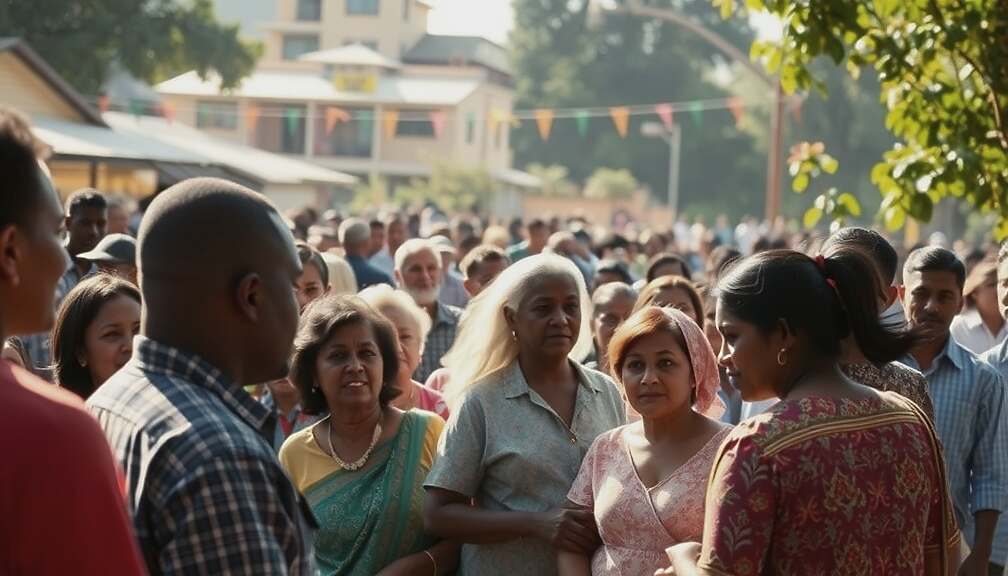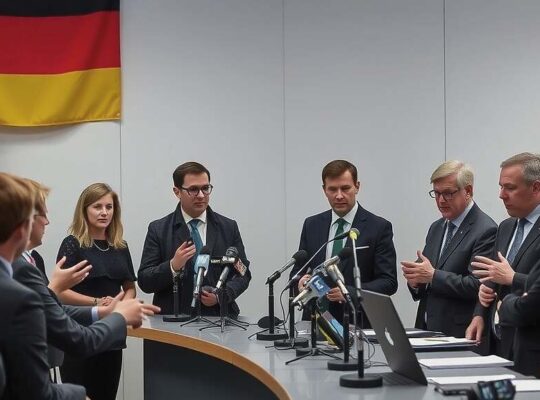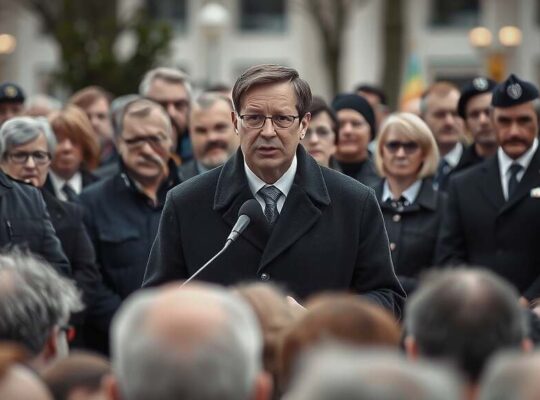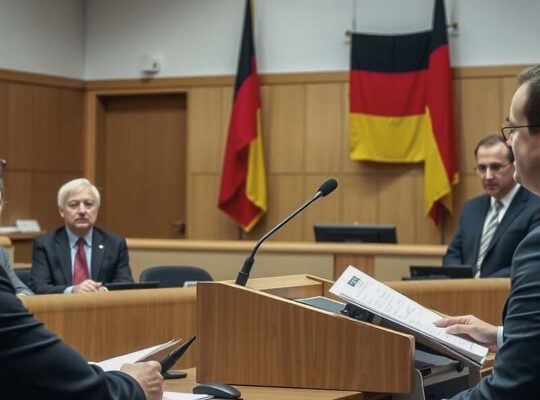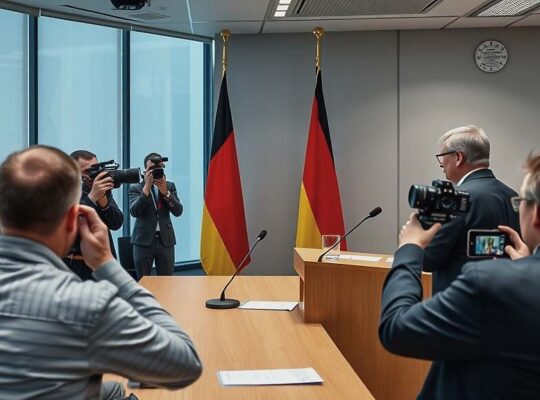The abrupt discontinuation of the “Culture Pass” program for young people in Germany is drawing sharp criticism from within the film industry and across the political spectrum, raising concerns about equitable access to arts and culture. The initiative, launched two years ago, provided 18-year-olds with a €200 or €100 voucher towards tickets for concerts, cinema and exhibitions, aiming to cultivate a younger generation of culturally engaged citizens.
Christine Berg, head of the German Film Theaters Association (HDF), expressed her disappointment with the current coalition government’s decision to end the program. Speaking to the “Rheinische Post” Berg underscored the program’s effectiveness in fostering an appreciation for the arts amongst young people, arguing that its termination represents a missed opportunity and urging policymakers to reconsider its reinstatement.
The opposition has echoed these sentiments, framing the discontinuation as a blow to social equity. Gregor Gysi, the Left Party’s spokesperson for cultural policy, confirmed that his faction had formally requested the program’s continuation during recent parliamentary budget deliberations. “The Culture Pass for young people is crucial for achieving greater parity in access to art and culture” he stated, highlighting a broader concern about unequal opportunities within German society.
Further intensifying the criticism is the Green Party. Misbah Khan, the party’s deputy parliamentary group chair, emphasized the vital role cultural institutions play in revitalizing urban spaces and creating communal meeting points. She argued that fostering vibrant city centers demands investment in their future, asserting that the Culture Pass directly contributed to that goal.
The program’s ending exposes a potential disconnect between government policy and the perceived needs of younger demographics. While the rationale for its termination remains unclear, the unified disapproval from industry representatives and political opponents alike suggests a need for renewed dialogue surrounding youth engagement with the arts and the government’s commitment to cultural accessibility. The debate raises fundamental questions about the role of government in fostering cultural participation and ensuring equitable opportunities for all citizens.


